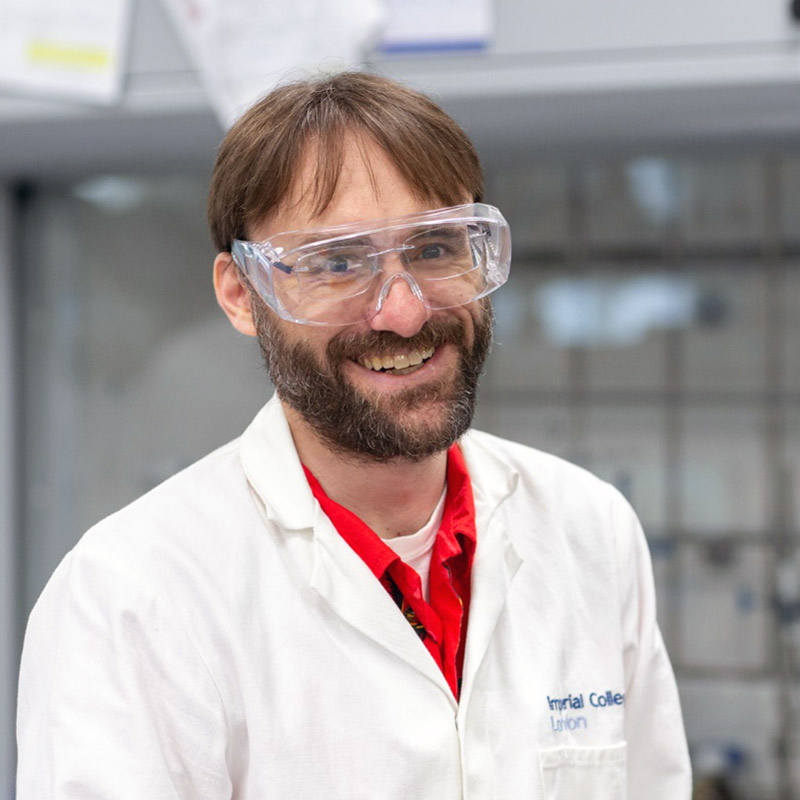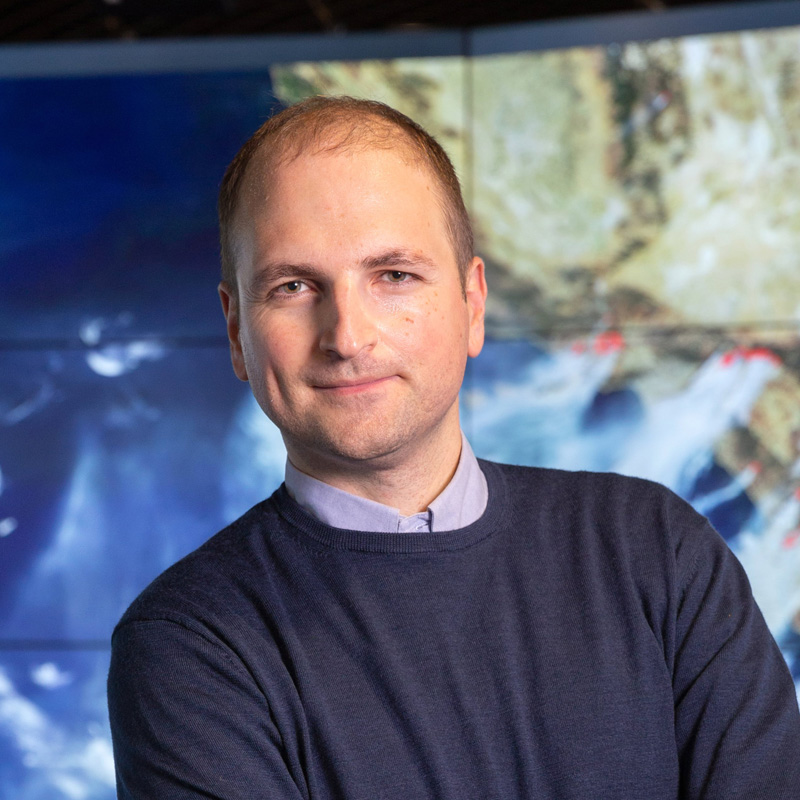Keynote and Plenary Speakers

What is the Future for Green and Sustainable Chemical Technology?
Professor Jason Hallett
Department of Chemical Engineering, Imperial College London
Keynote Speaker
Since its inception more than 30 years ago there has been intense academic interest in researching green chemistry approaches and developing sustainable chemical technologies. Recently, there has been intense industrial focus on some aspects of sustainability, mainly centred on decarbonization of processes and the use of renewable electricity. While there has also been an explosive growth in environmentally driven startups in recent years, including university spin-outs aiming to translate academic research into commercial practice, large-scale successes and impact has been slow to develop. Facing an ever-decreasing patience for chemistry development and an increased interest in biotechnology, green chemistry is rapidly approaching a pressure point to demonstrate real-world impact that validates the core concepts.
In this presentation I will discuss how the principle aims of green chemistry research – improving the sustainability of the chemical and materials industries – has achieved past success and where impact has arisen or failed. I will discuss needs of scale, development timelines and market forces that can enhance or reduce the chances of success for a sustainable innovation. This will help reveal a potential roadmap for identifying which technologies may be appropriate for deployment in the commercial sector and which are more useful as academic examples. Considerations such as scale-up, cost, capital fundraising needs and challenges will be covered using lessons I have learned through forming 9 cleantech startups in the past decade.
Jason Hallett is Professor of Sustainable Chemical Technology and holds a Royal Academy of Engineering Chair in Emerging Technologies within the Department of Chemical Engineering at Imperial College London. He also serves as co-Director of the UK’s National Supergen Bioenergy Hub.
He has authored or co-authored >200 total publications and 10 patents. These publications have generated >35,000 citations with an h-index of 63, including the most highly cited papers in his two primary fields – ionic liquids and biorefining. His research and translation efforts have been recognized with prizes from the Royal Society (Translation Award), Royal Academy of Engineering (Princess Royal Silver Medal), Royal Society of Chemistry (Open Prize: Environment) and IChemE (Global Sustainability Award and Global Team Award) and has been profiled by many noteworthy scientific magazines and journals, including the Washington Post, Scientific American, Chemical & Engineering News, Chemistry World and Science.
He has received more than €60 million in research funding from UKRI, industry and EU programmes since 2013 and has leveraged these collaborations into 9 spin-out companies to act as vehicles for the translation of his research into practice. His first spin-out company (Lixea) built a pilot plant which he designed and which was constructed in Sweden, commissioned and operated since 2022. Lixea recently announced a €50m demonstration plant to be constructed in Slovakia in 2026. Jason currently leads a group of 22 PhDs and 13 PDRAs alongside 30 researchers in spin-out companies to ensure their efforts are translated into academic, scientific and commercial impact on society.

Environmental Impacts of Wildfires on Global, Regional and Local Scales
Professor Apostolos Voulgarakis
School of Chemical and Environmental Engineering, Technical University of Crete
Plenary Speaker
Fire is the greatest terrestrial disturbance on Earth. There is no vegetated environment that does not experience wildfires, while the number, intensity and extent of wildfires is increasing, primarily as a consequence of climate warming. The consequences of wildfires are immediately noticeable when it comes to damage to property and infrastructure, economic losses, and often even loss of human lives. At the same time, wildfires can also impact the environment in a variety of ways. In this talk, the main environmental impacts of wildfires will be outlined, starting from influences local to a fire, all the way to the global scale. Effects on air quality, climate, soils, water quality, and flooding, are amongst the areas that will be covered, and future directions of research will be presented.
Professor Apostolos Voulgarakis is head of the Laboratory of Climate Change & Atmospheric Environment at the School of Chemical and Environmental Engineering, Technical University of Crete, where he also holds the AXA Chair in Wildfires and Climate. He is also Co-Director and Founding Director of the Leverhulme Centre for Wildfires, Environment, and Society based in London, which is the first centre world-wide to focus on the global and multi-disciplinary study of wildfires. He is an expert in atmospheric/climate and Earth system modelling. Before his position at TUC, he pursued his PhD at the University of Cambridge and held research and academic positions at NASA, Columbia University, and Imperial College London.
Prof. Voulgarakis has led and participated in various projects focusing on the interactions between wildfires and climate, while he has also held major roles in various global model intercomparison projects on air pollution and climate science, in support on IPCC assessments. He has published >100 articles in peer-reviewed journals, and his work has received ~16,500 citations so far.



